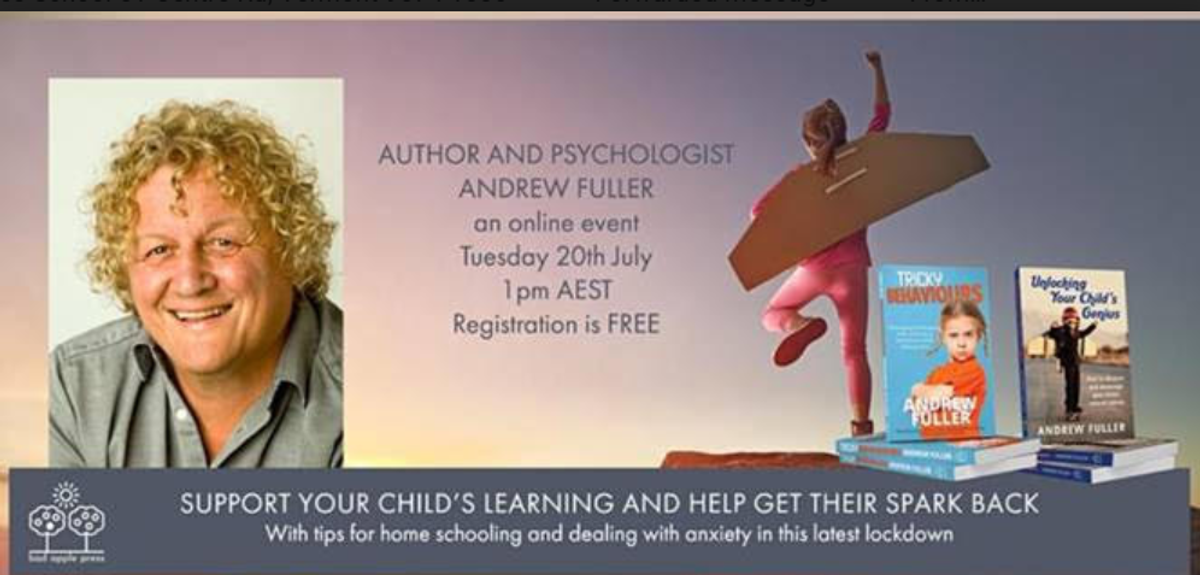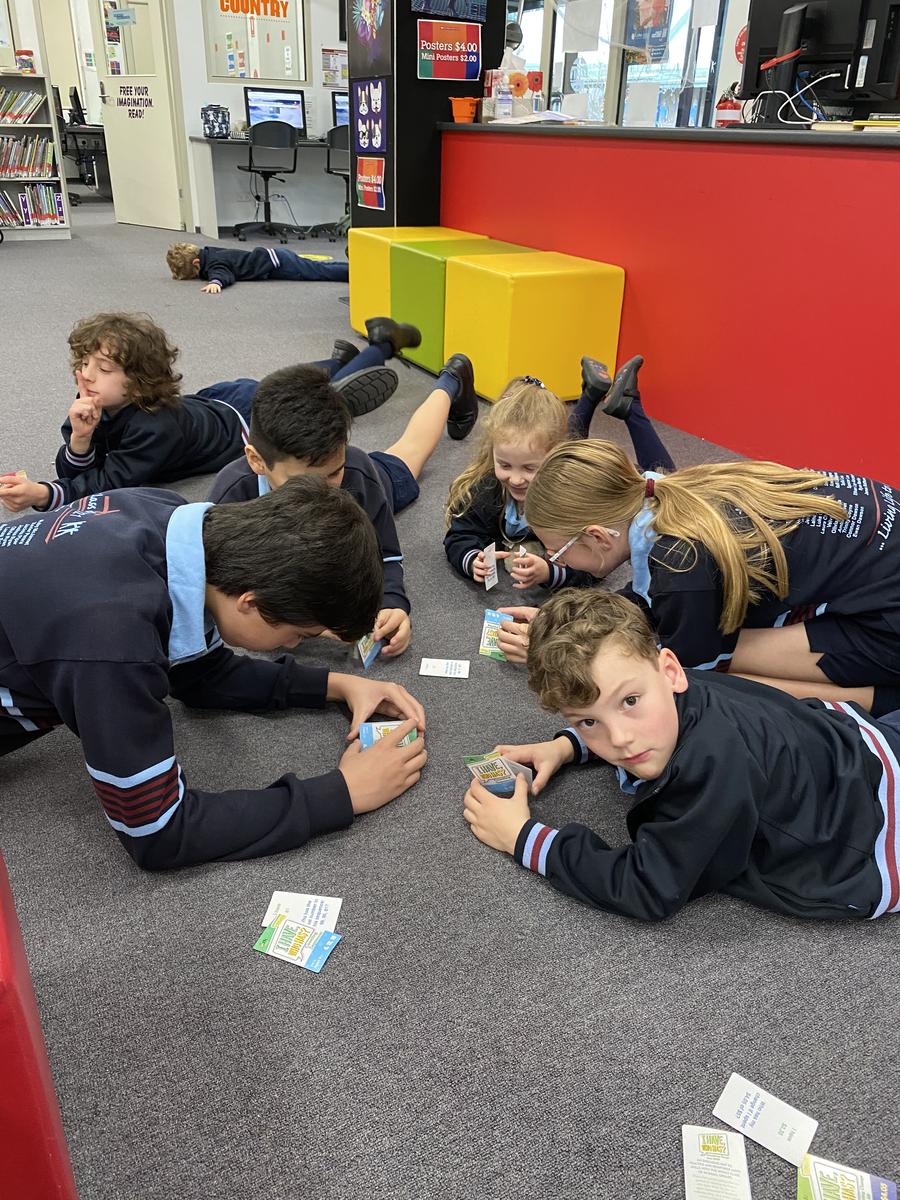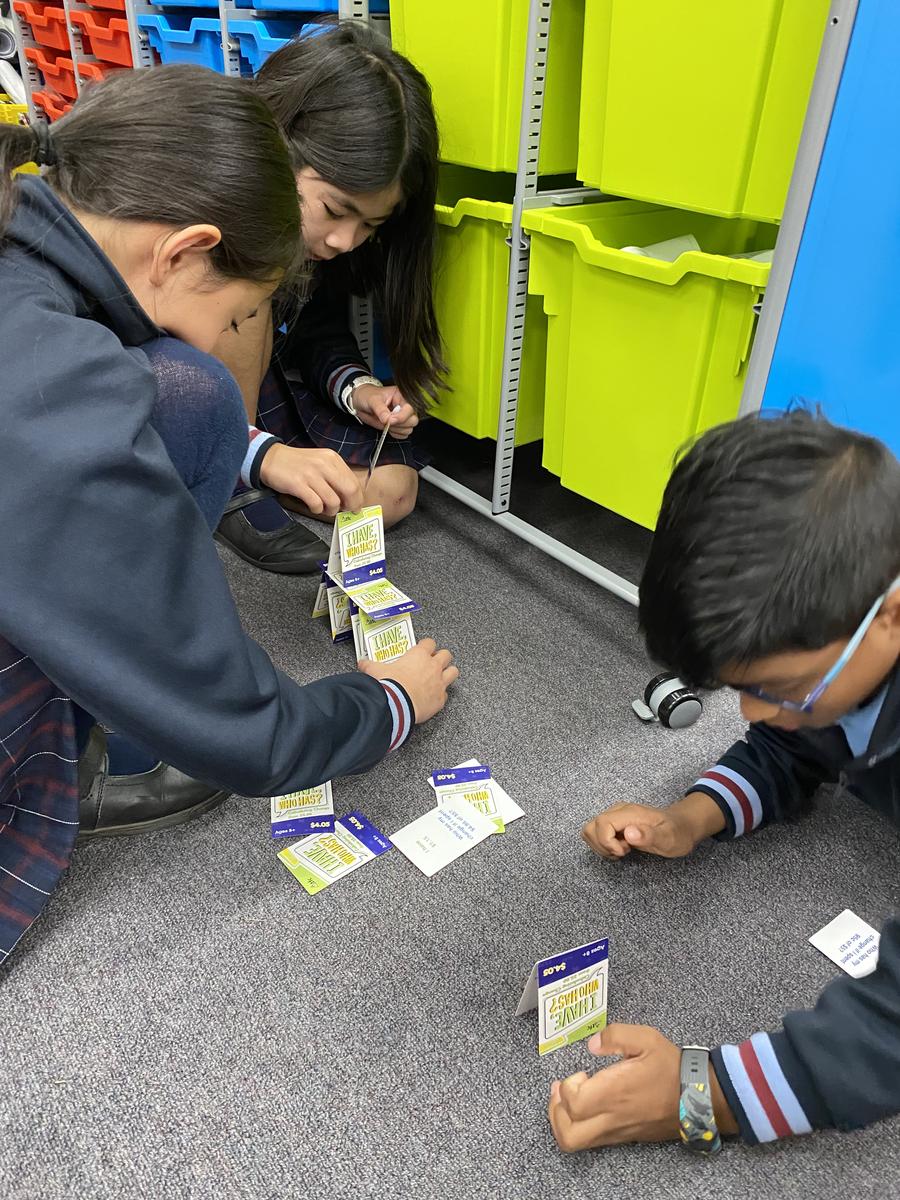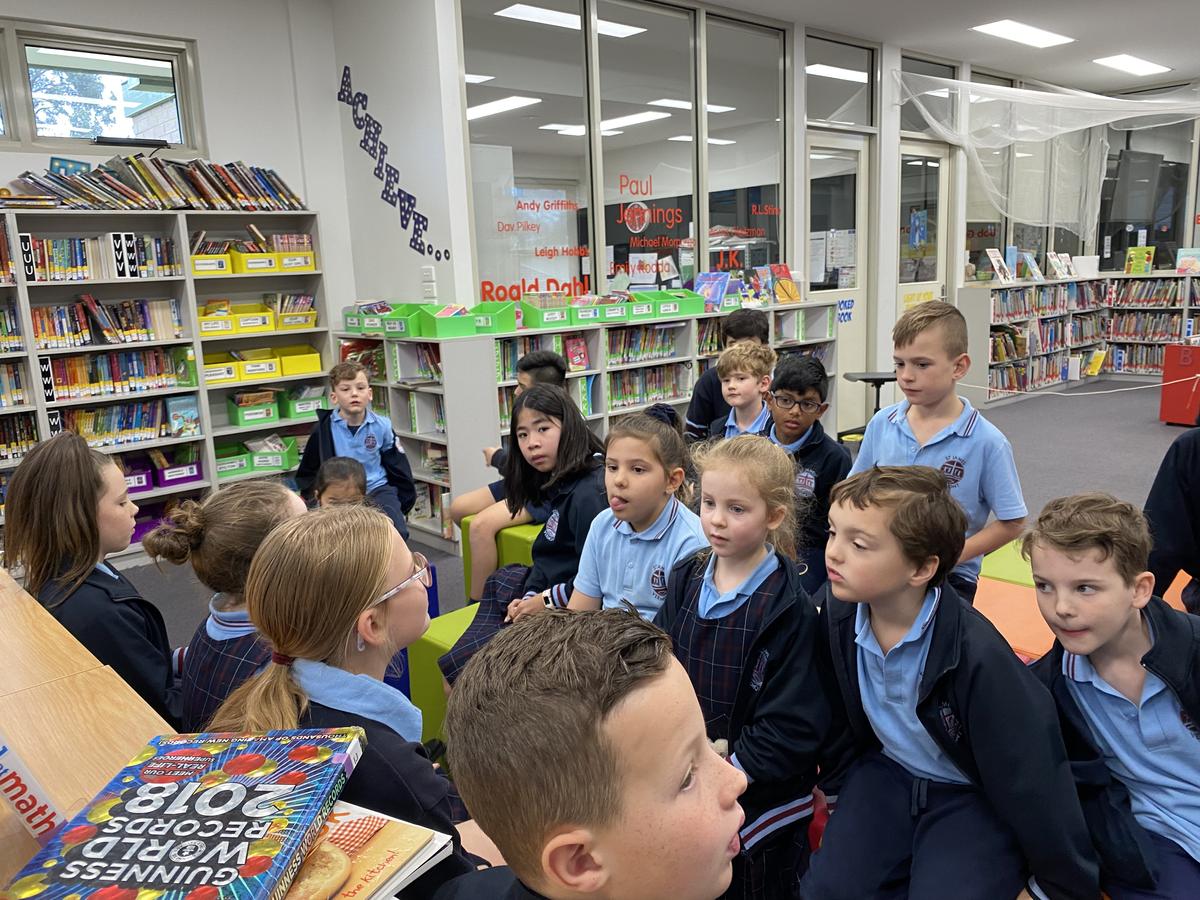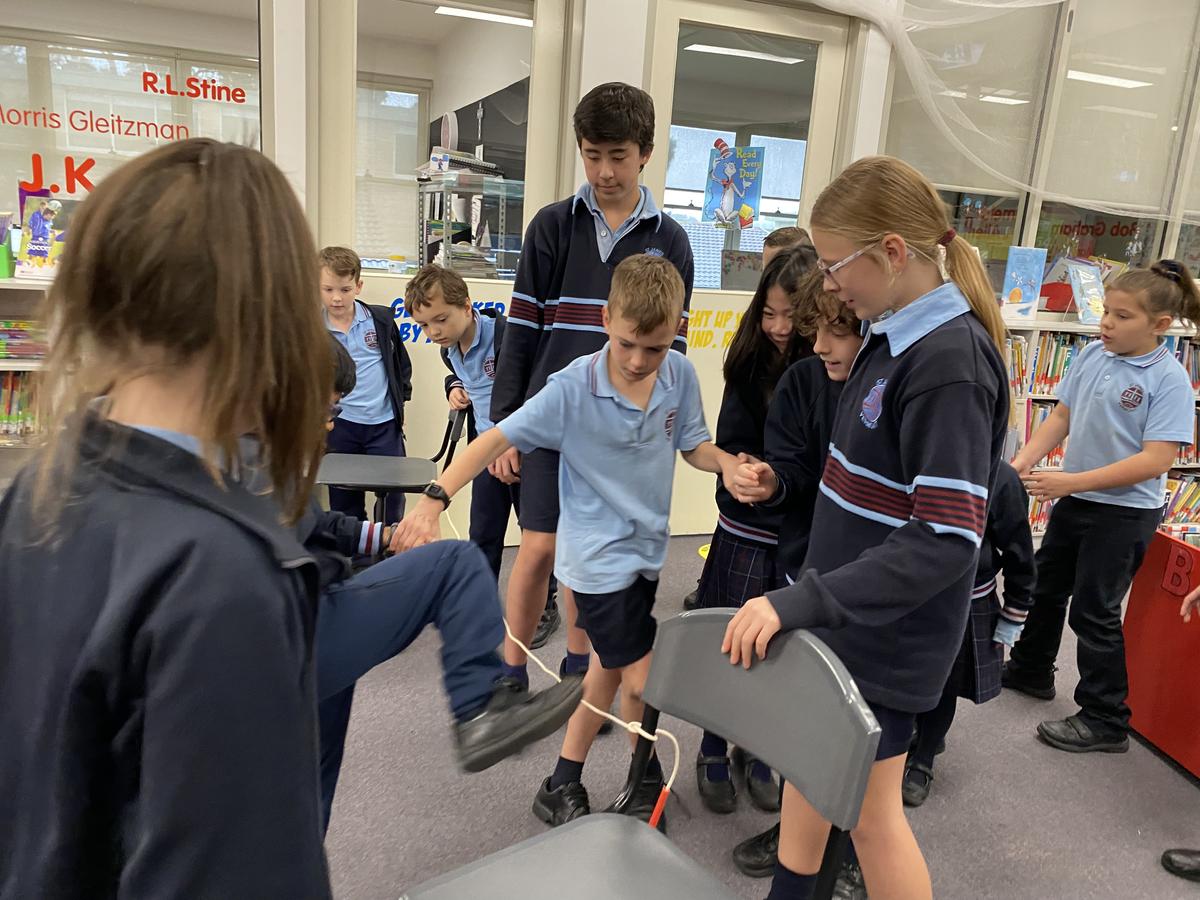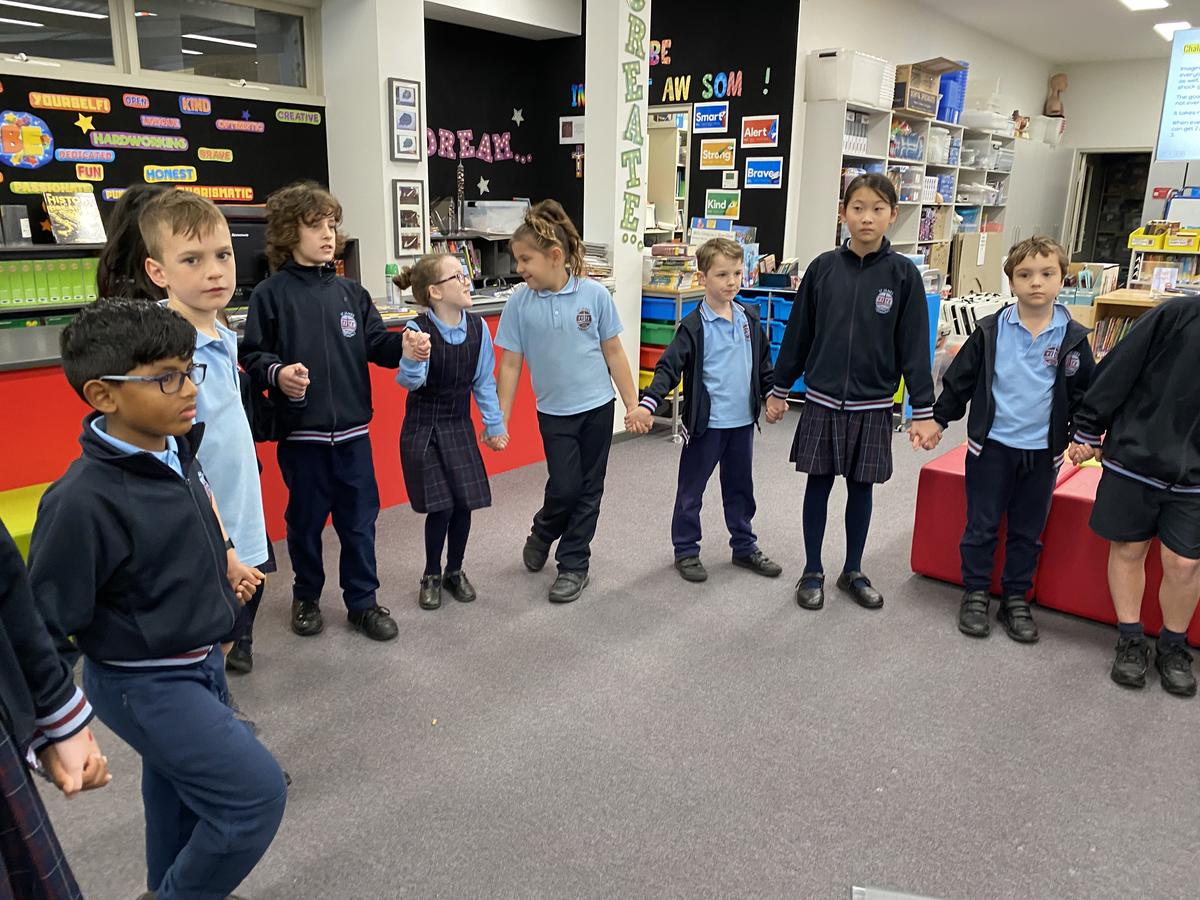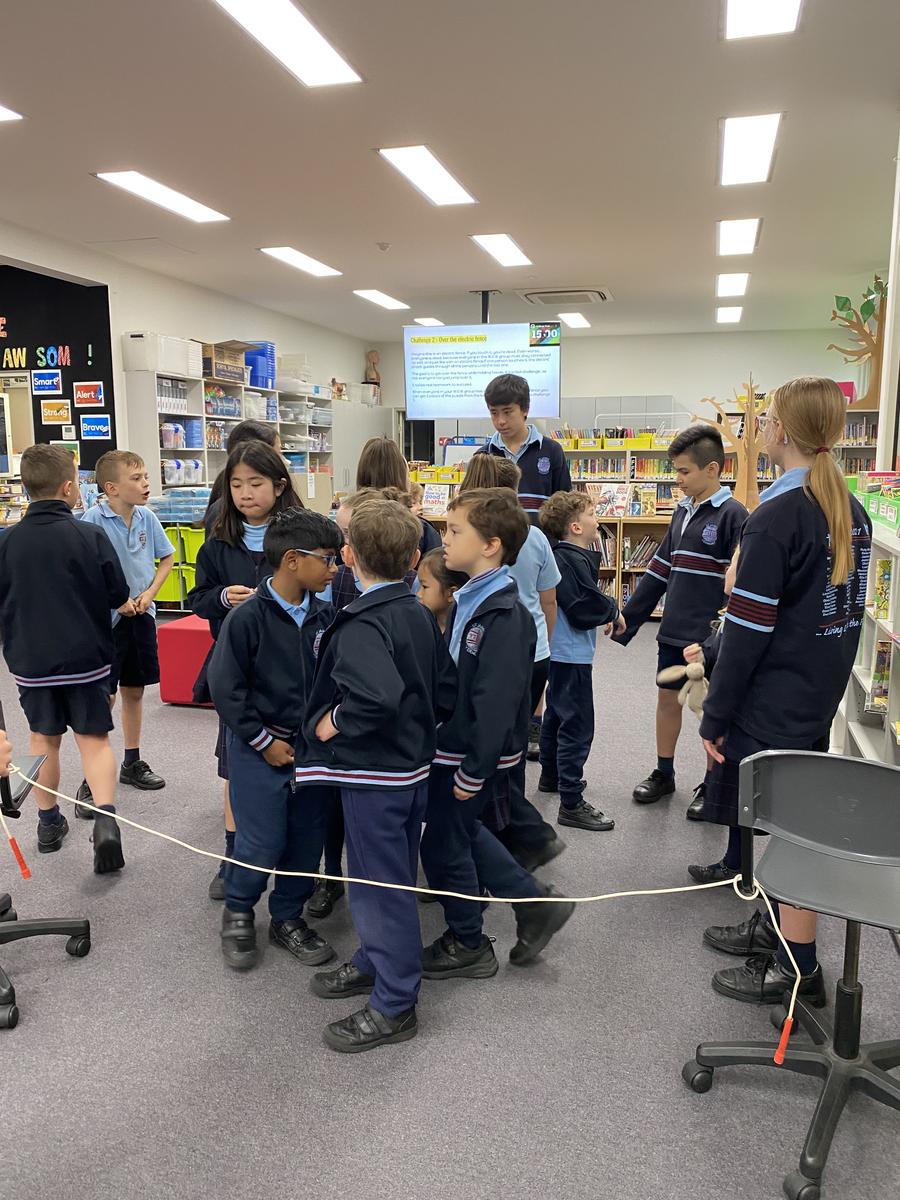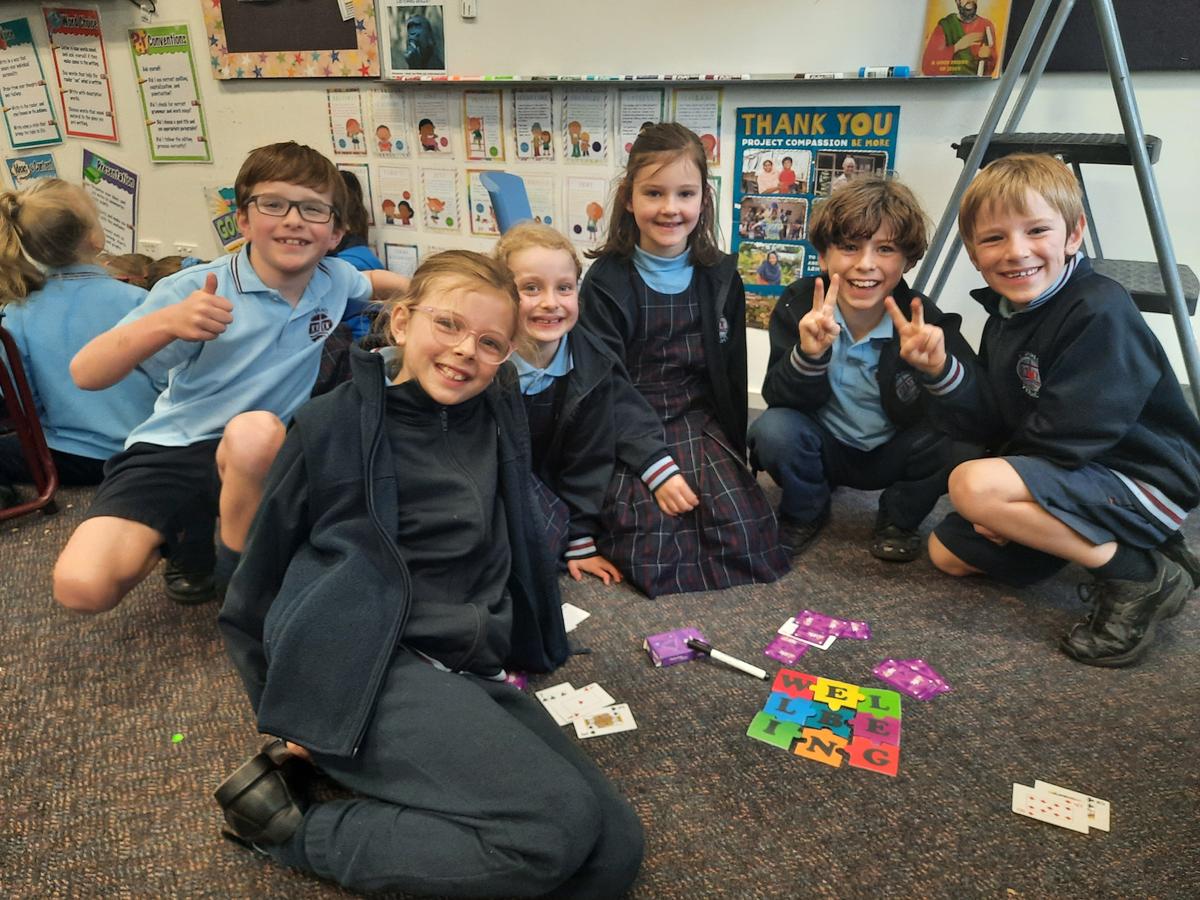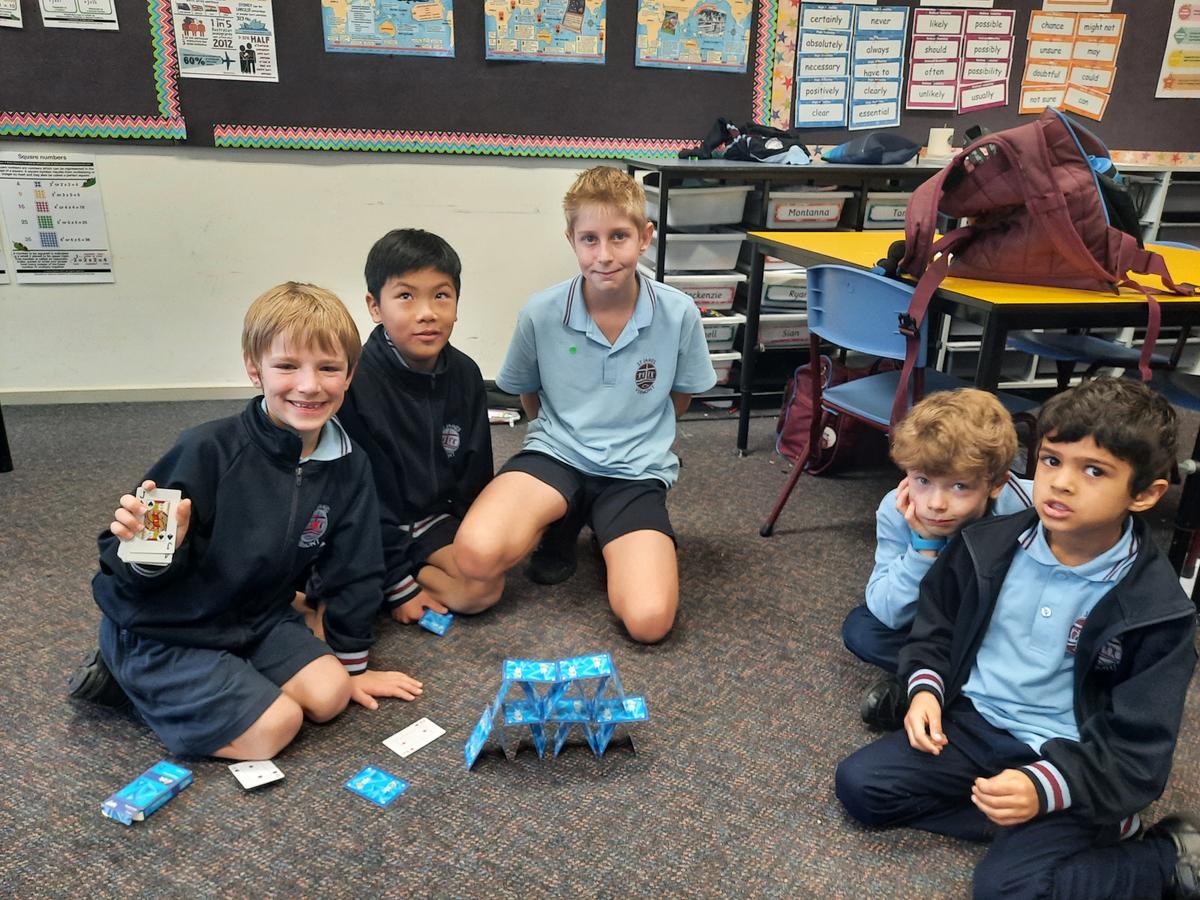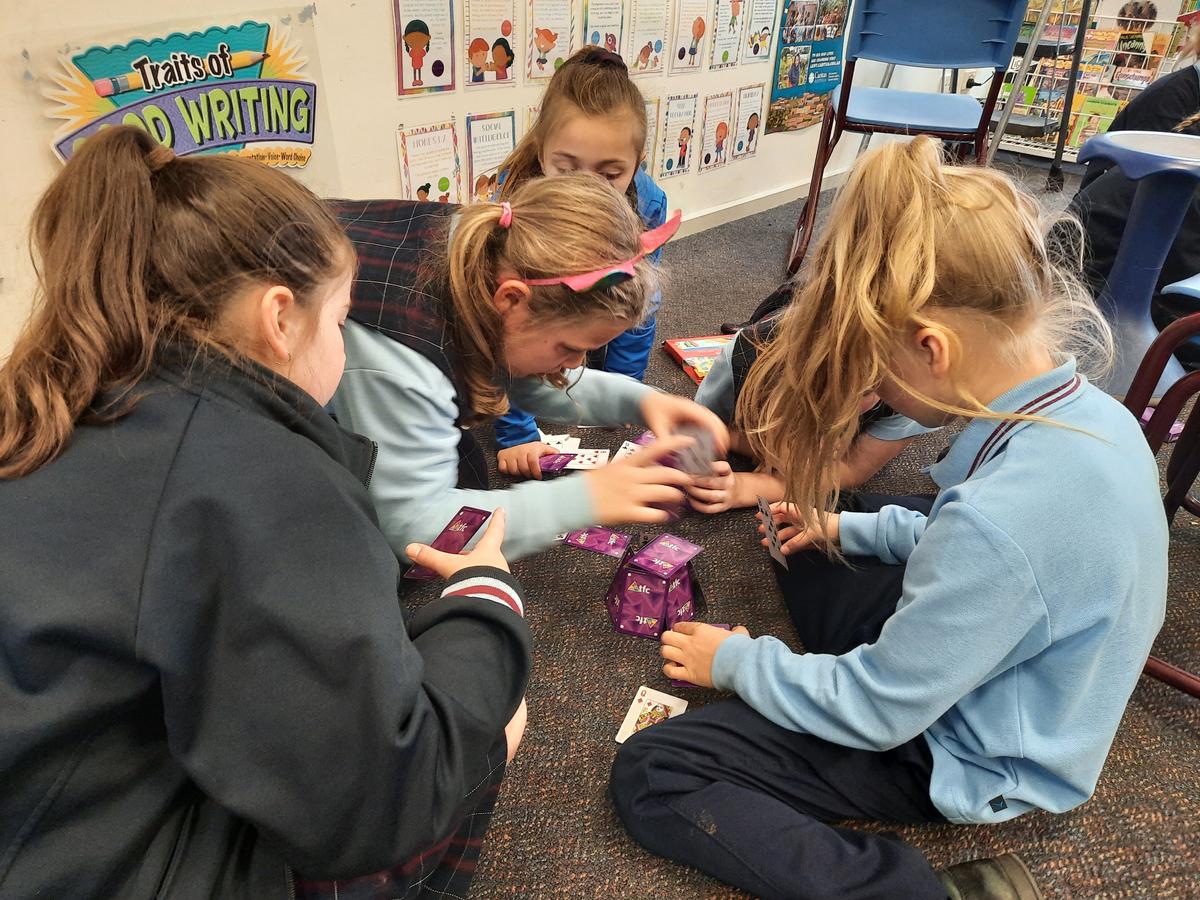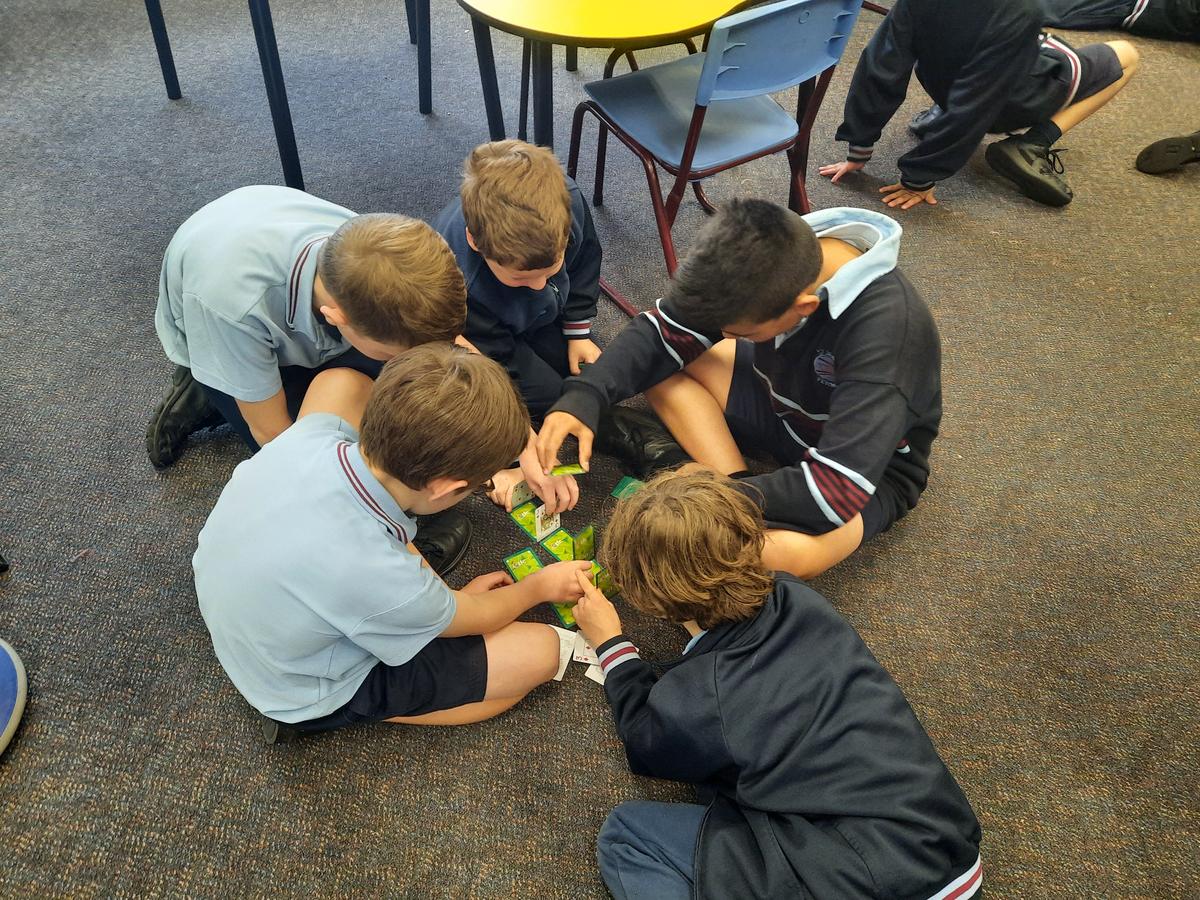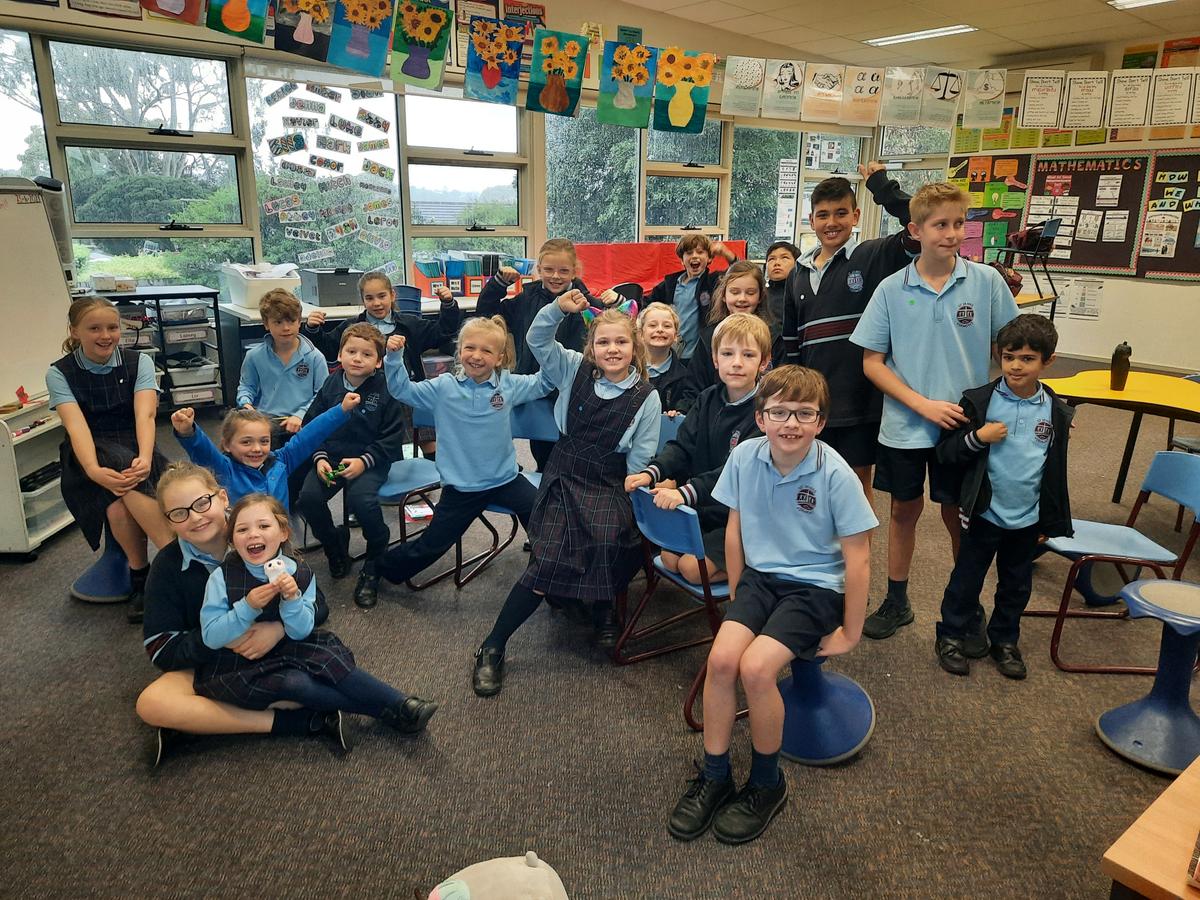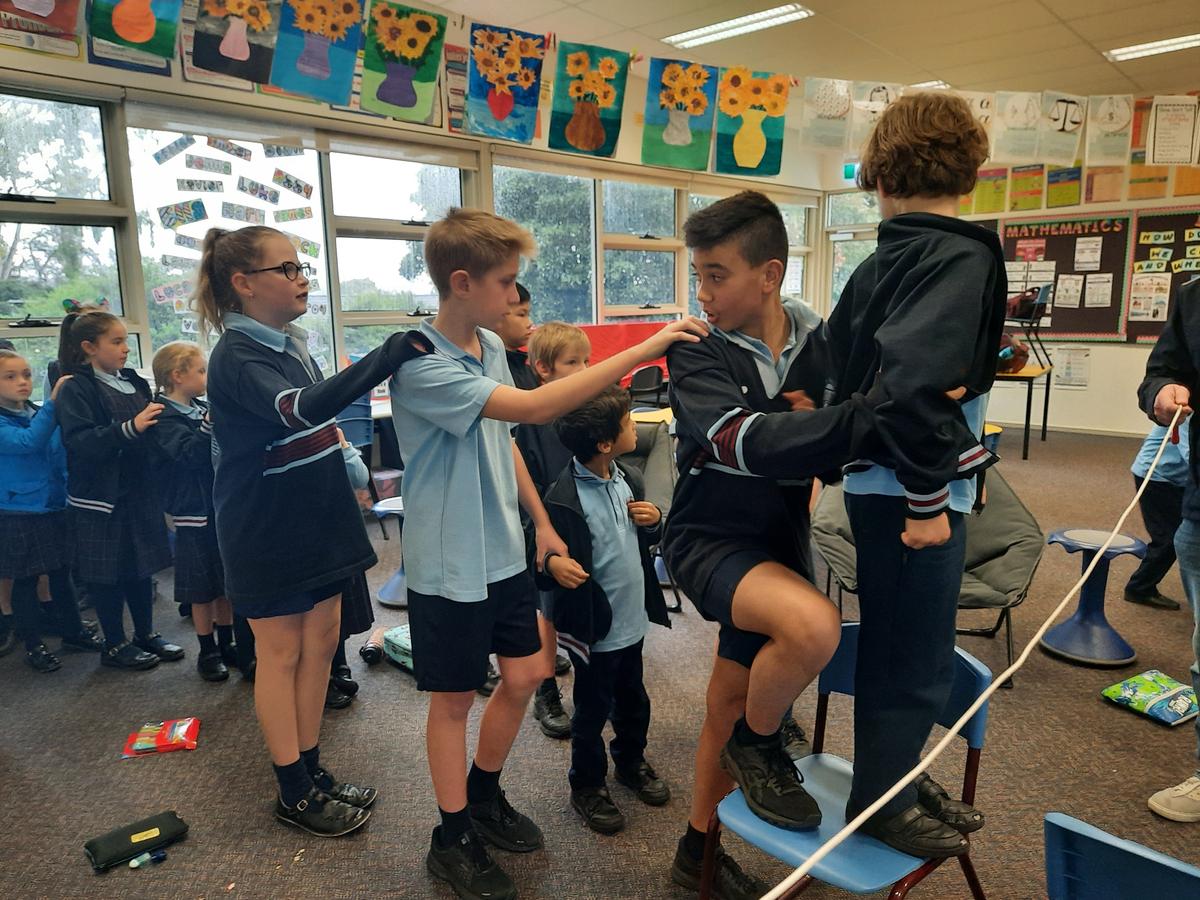Student Wellbeing
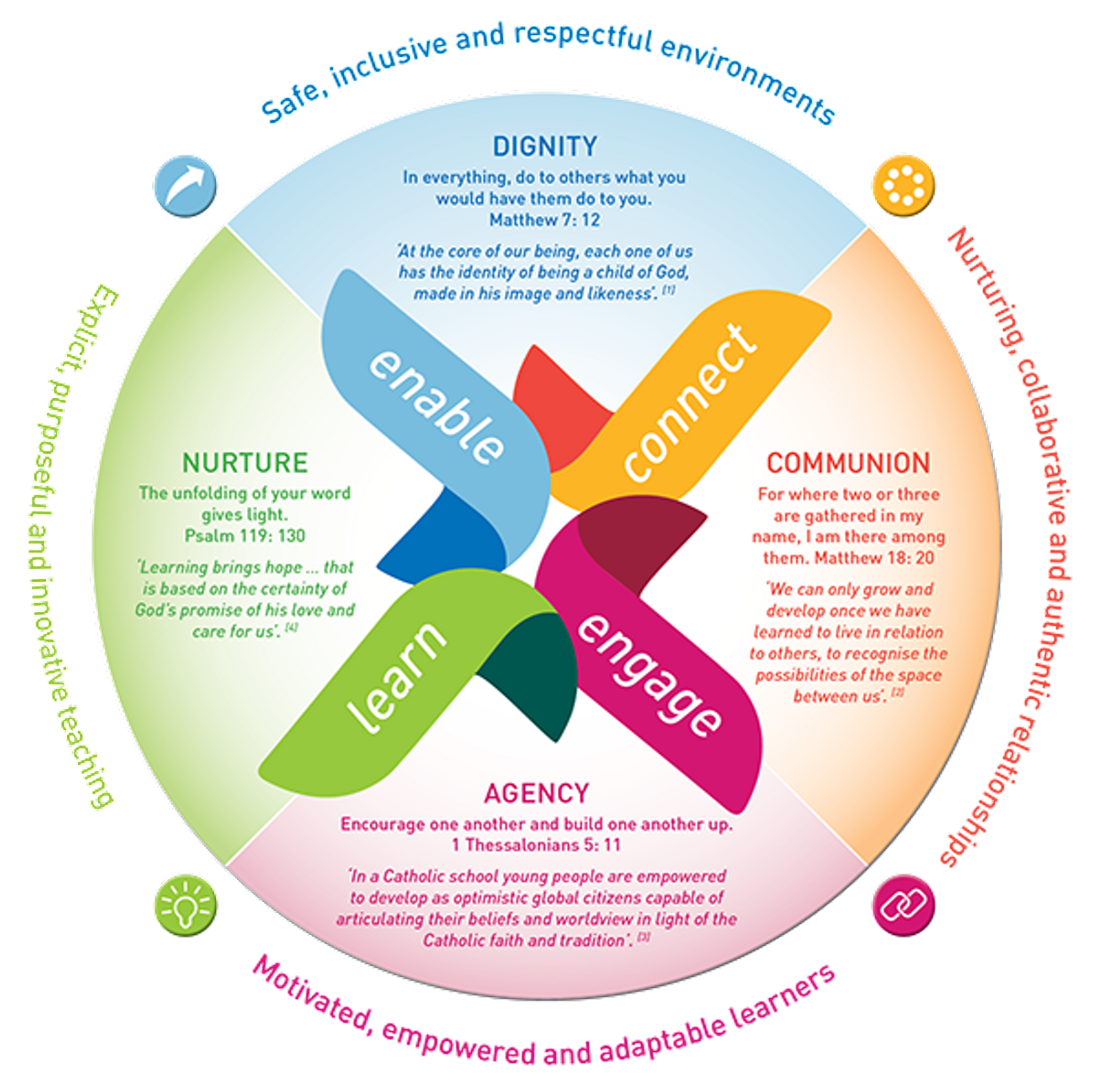
FREE PARENT WEBINAR
Support your child’s learning and help get their spark back Andrew Fuller - Clinical Psychologist, Author and Family Therapist Tuesday 20 July @ 1pm - 2pm FREE webinar - Register: https://www.eventbrite.com/e/163334348433
Home schooling and the uncertainty of 2020/21 have left families feeling anxious and perhaps a little overwhelmed. Clinical psychologist and family therapist Andrew Fuller is holding a webinar which is applicable to every family and empowers parents to guide their children (and themselves) towards success. Andrew’s webinar will help parents with practical tips on home schooling and show them how to get their kids’ mojo back by finding their particular learning strengths and identifying 10 things highly successful students do to study. He will also help parents to deal with the after-effects of 20/21 with tips and information on how to overcome anxiety in children. Andrew Fuller combines the latest research from brain science, positive education and resilience to create strength-based education.
There will be a presentation and then the opportunity for parents to ask questions directly.
W.O.W Groups Celebration of Learning
Last term we held our W.O.W group celebration of learning for Semester 1, where each W.O.W group had to a series of 4 challenges as a team. Through these challenges, students demonstrated the skills of good listening, cooperation, and teamwork. There was lots of competitiveness between teachers and the children had lots of fun. Mrs. Kirby's and Anne's W.O.W group were the joint winners of the challenge completing their puzzle first!
Stress O’clock
by Michael Grose 29 June 2021
A recent Australian study found that 7.00am is the most stressful time of the day for working parents. Dubbed stress o’ clock, this is a time in the morning when work and family pressures and the deadline of the clock converge.
Recent conversations held with parents indicate that children and young people experience stress o’clock too. This is a time soon after a child wakes when self-doubt, getting ready for school and looming fears clash. Children’s tummy-aches and heads-aches often prevail at this time of day.
“Mum, I don’t feel well. I think I’ve got a cold. I don’t want to go to school.”
How do you respond when you suspect there’s more worrying your child than a sniffle, and you’re hurrying to get ready yourself? Most parents don’t have a script to guide them when stress o’clock hits.
Pandemic induced anxiety
Since the pandemic adults and children are reporting higher levels of stress and anxiety. Morning is one of the worst times for anxiety to strike. Like a fox, anxiety comes in the night robbing children of their courage, replacing assuredness with self-doubt, apprehension and fear.
Dealing with a child or young person in the middle of their anxious moment is super hard, particularly when you’re still wiping the sleep from your eyes. In times of stress it’s always best to stay SOBER. That is,
Stop what you are doing and pay attention to your child and to yourself
Observe the emotional reaction you are having to your child’s distress and ask what your gut is telling you
Breath deeply to remove yourself from panic mode (‘I can’t take this!’) and kick start your thinking brain that has succumbed to your survival brain
Expand your vision and look at the bigger picture. Perhaps your child is genuinely nervous but it’s important that they sit the test that makes them feel awful. Allow the bigger picture to guide your actions.
Respond to your child or young person calmly. Empathy and understanding are in short reply in the mornings, but if you have practised this type of response in low stress situations, you’ll be more than ready to respond appropriately, rather panic or over-react when your child is stressed.
Like everything in parenting, this plan sounds easy when there are no kids around, but it’s important nevertheless.
A lack of a plan you can follow when kids are anxious is the major cause of parent stress. In times of stress, it always helps to have a plan to follow. When dealing with children’s nerves, tension and anxiety at stress o’clock this plan will really help you.
Parent Resources
Click here for access to the Smiling Mind Website
Smiling Mind’s vision is to help every mind thrive. Their mission is to provide accessible life-long tools to support healthy minds.
Click here for access to the Student Wellbeing Hub Website
It includes sections for parents, teachers, and students with practical strategies and resources to support your child's wellbeing.
Clickherefor Raising Children Network
Reliable, and up-to-date information to help your family grow and thrive together.
Click here for access to Parenting Ideas Blog
It includes articles, testimonials, and practical tips on a wide variety of topics.
Clickherefor Iparent - Office of eSafety Commissioner
To learn about the digital environment and how to help your child have safe and enjoyable online experiences.
Click here for access to CatholicCare
It is a social service agency of the Catholic Archdiocese of Melbourne, they offer a range of programs and services that aim to build and strengthen relationships.
Clickhere for access to Beyond Blue
This website is regularly updated with information, advice, and strategies to help you manage your wellbeing and mental health during this time. And you can stay up-to-date by joining our email community.
Positive Parenting Telephone Service 1800 880 660
Participants complete a workbook or online modules which are supported by weekly 30 minute phone calls with a trained parenting educator. All of this can be done from the comfort of your own home at a time that suits you.
Parentline 13 22 89
Parentline is available 8am to midnight, 7 days a week. It is a confidential and anonymous phone counselling service for parents and carers of children and teenagers in Victoria.

